Beja people have an interesting history living in different parts of the African continent cutting across many countries. Like the Wodaabe’s, Dinka people, and many pastoralist groups, they have a close affiliation with cattle and traditional living conditions.
Though they form minorities in most of the areas they are found in including places such as Sudan, Egypt, Eritrea, and the Eastern dessert. They are a Cushitic-language-speaking group found and their way of life is mostly defined by their environment.
Their life as pastoralists is quite fascinating. There are even many shocking facts about them that will make you hold your breath.
10 Shocking Facts You Didn’t Know About Beja People
1. Beja People Are Not Arabs
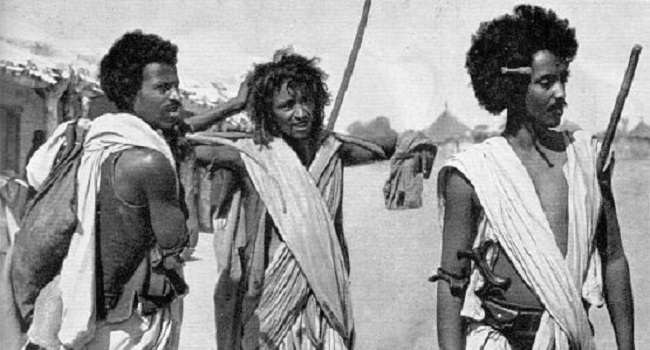
Many of them speak Arabic and have influences due to religion. Yet they are not Arabs. Their race is traced to the ancient Egyptians.
It is likely that they mixed with Arab nomads who migrated following the spread of Islam. They are the largest groups of non-Arab groups between the Nile River and the Red Sea.
See Also: Dinka People- Where are they from- 10 Interesting Facts About Them
2. Beja People Live Away From Their Neighbors
The pastoralist Beja do not care about trading or modernization. They prefer to live differently and away from other groups.
Beja people move about with their herds of cattle searching for food. They carry their good on the cattle and on Carmel’s back. Their cattle provide their meals in form of milk and meat.
3. Beja People Speak Bedawi
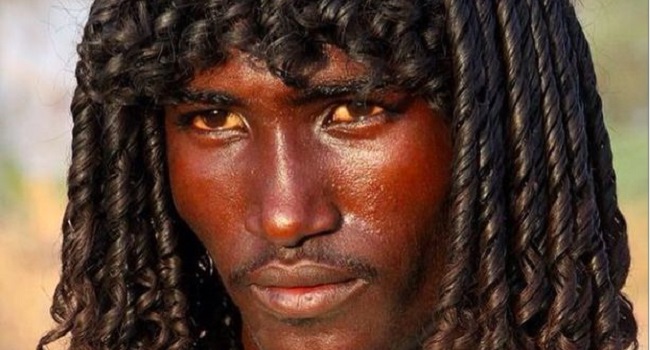
The name Beja is used by English speakers to refer to them. In reality, Beja is derived from Arabic. The people themselves call themselves Bidhaawyeet or Tubdhaawi. They speak Bedawi with some having the ability to speak Arabic. Beja is the mother tongue that many of them speak. Some speak Tigre in South-Eastern Sudan.
Their language is put under the category of the Cushitic branch of the Afroasiatic language family.
4. They Are Divided Into Clans
For a large group scattered across three countries, it is not surprising to find them divided into many other groups. Hadandoa’s also called Fuzzy Wuzzy due to their hairstyle form one of the major groups.
Other groups are Ababda, Amarar, Bisharin Beni- Amer Tigre, and Babail Ukra.
5. They Are Master Trackers
These nomadic group of people are well adapted to the rugged trains. Moving from place to place with their herds and flocks makes them some of the great trackers in the open.
They have the ability to track animals for weeks or months using their tracks. Even children are not left out as they can differentiate the track of their individual sheep.
6. They Practise Cross-Cousin Marriage
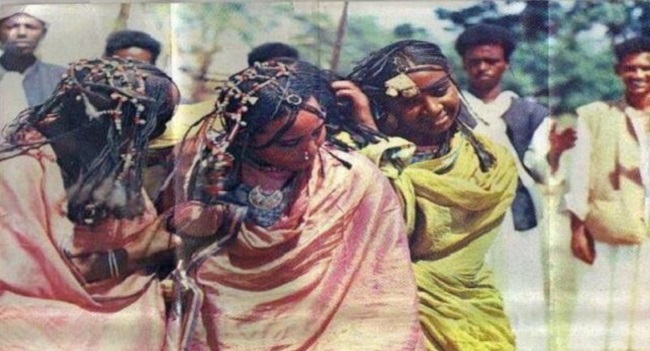
Beja people place a high value on having many male children. Having many male children will increase their chances of getting female camels as wedding gifts.
In order to start a family, they practice cross-cousin marriages which may sound odd to some people. Cross-cousin marriage in Beja practice means a man marrying the daughter of his uncle.
After agreeing on a marriage, a contract is made. Livestock is usually given as a wedding gift to the bride’s family.
7. They Practise Rites Of Passage
Beja people also have rites of passage for boys and girls. Therefore, before a boy moves into manhood, he must undergo circumcision. An unmarried boy sleeps at the edge of camp while a polygamous man takes turns sleeping in his wife’s huts.
Girls undergo clitoridectomy, a form of female genital mutilation in their change to womanhood.
Interestingly, they do not have any formal age groups.
8. Fuzzy-Wuzzy, Beja Warriors
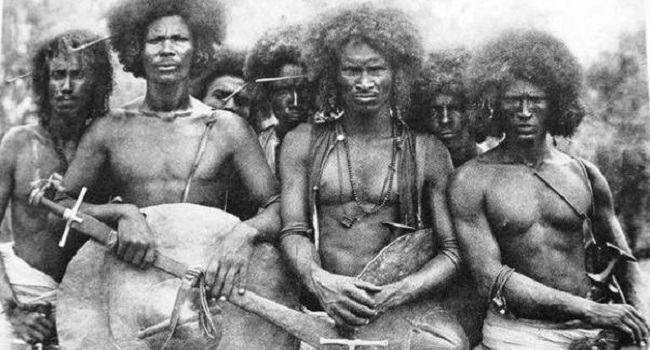
Fuzzy-Wuzzy Are Beja Warriors who fought the British government in Sudan and Eritrea. They were Hadendoa warriors who supported the Mahdi of Sudan.
Rudyard Kipling coined the name with respect to the bravery the Hadendoa warriors showed. Their unique hairstyle, tiffa is common among their people. The name comes from the hairstyle.
In recent times the name is derogatory. This is a result of the second world war. Australian soldiers used it to describe Papua New Guinea stretcher Bearers.
9. Some Belief In Folk Islam
Many Beja people are Muslims with a few practicing Christianity. Some became Christians in the 6th century. Yet, the coming of Islam reduced them to a few. There are many still practicing Islam mixed with traditional beliefs called folk Islam.
Folk Islam is a mixture of Islam and many traditional beliefs. There are beliefs of men cursing each other with the bad eye. Wicked Jinnis and other spirits are all mixed in their practice.
10. Beja People And The Sudanese Government
They live a nomadic life with some living in permanent locations. Yet, recent events are showing their anger at the Sudanese government over marginalization.
Some Beja people located in parts of eastern Sudan fought unending wars against the government in Khartoum. But they are yet to get a place to call their own.
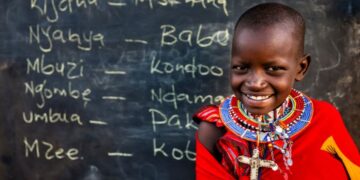









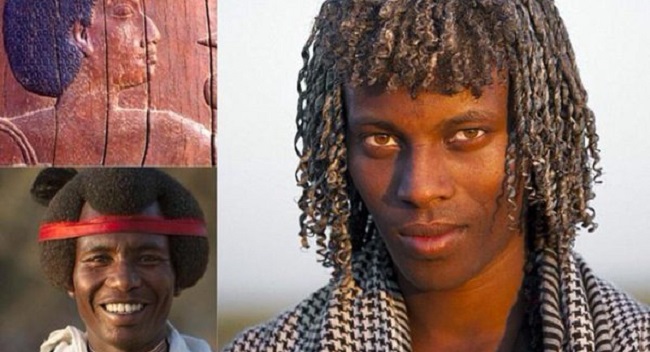










Discussion about this post